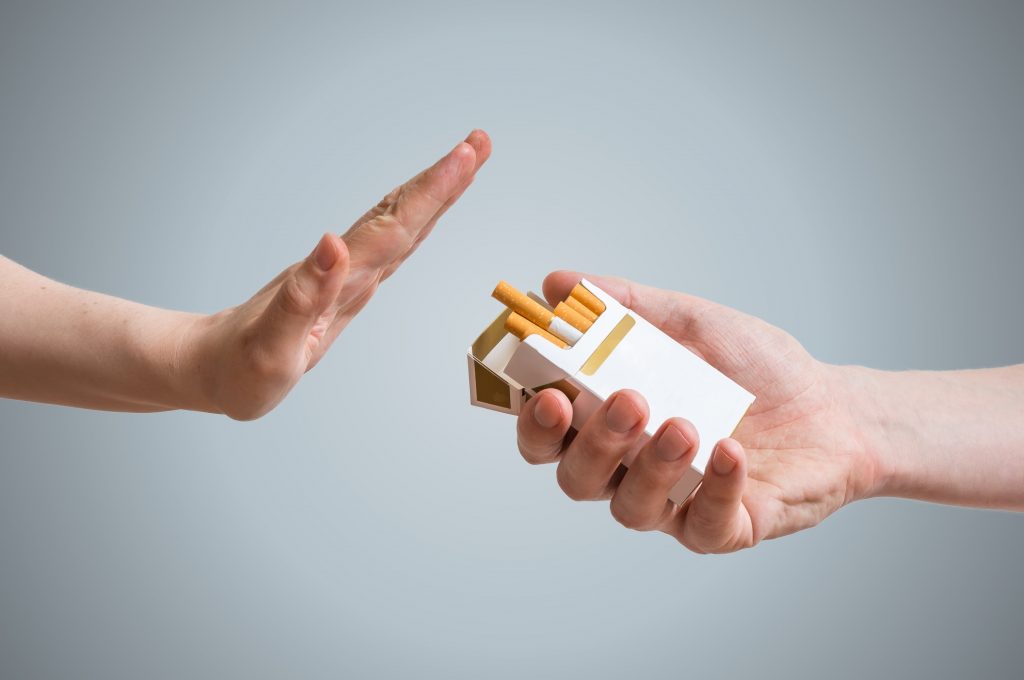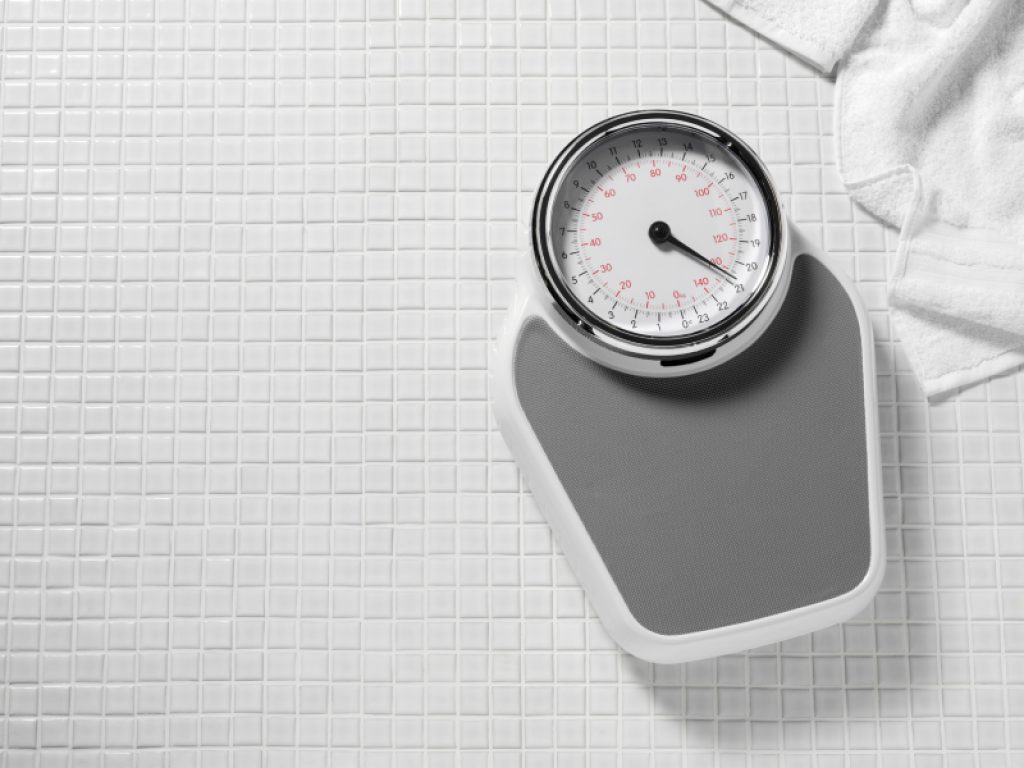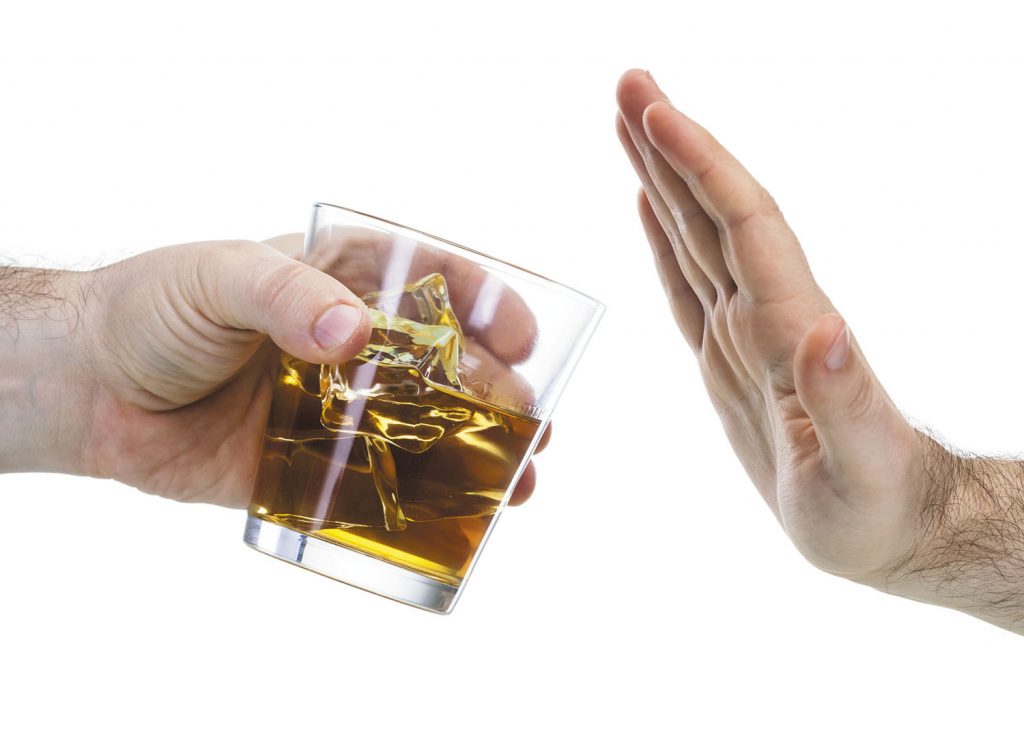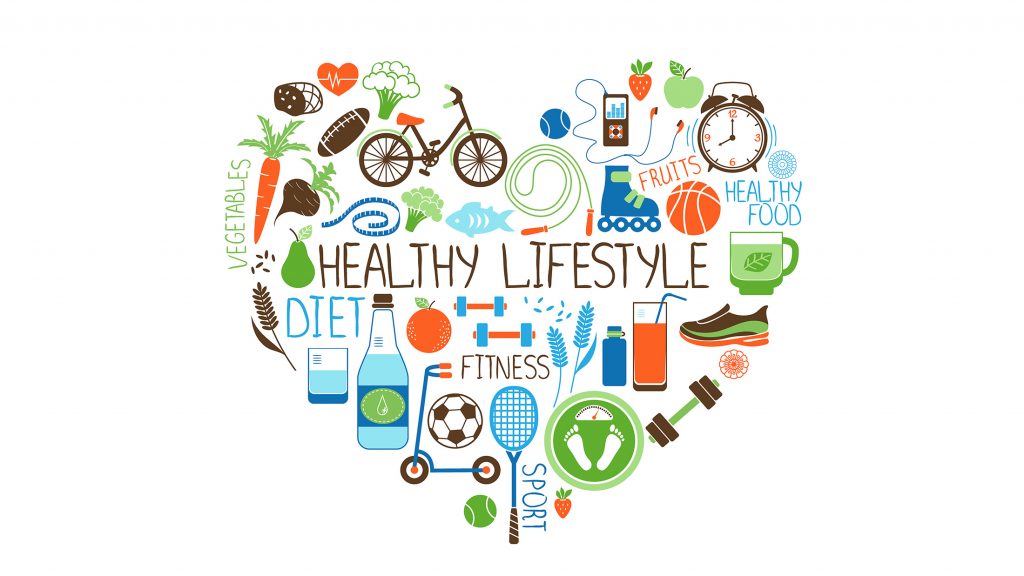
High blood pressure is the main cause of heart disease, heart attacks, and strokes. One in three adults is at greater risk of having high blood pressure with many not even being aware of the problem since there are no warning signs. If you’re suffering from high blood pressure, the good news is that it’s a treatable condition. For the list of high blood pressure medicines follow this site and regularly take the therapy your doctor prescribed.
Simple changes in your lifestyle can help greatly to reduce the level of blood pressure. Working with your health care professionals can increase your chances of living healthy. Here’s how you can protect your cardiovascular system and stay healthy.
Table of Contents
1. Quit smoking

img source: quititindia.com
Tobacco and nicotine significantly increase your risks of heart disease and stroke. If you’re a smoker and have prehypertension you should quit smoking immediately. There are many ways you can do this, from chewing gums to taking prescribed medicines that will substantially reduce your nicotine cravings. Cigarettes contain nicotine and tar that are known to clog arteries and blood vessels. If you’re a long-time smoker it might be useful to find a support group to help you quit smoking. Make a plan about how and when are you going to give up on cigarettes and stick to it. Finding an alternative product from this website can help you take the first step to quit your smoking habit. If you fail the first time, just try again until you become smoke-free.
2. Lose weight

img source: heart.org
Obesity-related diseases have become the second leading cause of death, right after a heart attack. Almost half of the population is overweight or obese. The consequences are many, one of them being hypertension. How to prevent obesity? The answer you can find here hcgdietinfo.net.
Excess body fat puts immense pressure on your cardiovascular system, putting your heart and blood vessels under great pressure to pump blood into every inch of your body. Losing weight can relieve some of that pressure and increase circulation. Being obese can affect your overall health and put you in the high risk for stroke. The best way to achieve and maintain a healthy weight is to visit a nutritionist who will make a personalized diet plan with the exact calorie intake and portion sizes. Exercising regularly, at least a bit in the beginning, can speed up the process of losing weight.
Salt or sodium in your diet should be limited at 1500 milligrams per day. Sodium causes blood pressure to rise especially in people who already have preexisting conditions like diabetes. Read the nutrition labels when you go grocery shopping and you’ll see that the salt is everywhere, especially in cheese, canned foods, preserved foods, and snacks like chips and pretzels.
Instead, look for potassium-rich foods. Potassium can greatly reduce blood pressure and it can be found in milk, bananas, and potatoes. However, not everyone should include high potassium foods in their diet. If you’re suffering from kidney disease you should limit the amount of potassium. Also, increased fiber and magnesium intakes have been proven to reduce hypertension.
3. Alcohol intake

img source: cloudfront.net
The best thing would be to quit alcohol altogether, if possible, or limit the intake. Humans are social beings and it will always be some excuse to take a beer or two, or more. If you can’t eliminate alcohol completely at least stop yourself from going overboard. One drink daily for women and two drinks daily for men is considered to be the limit. Alcohol causes great damage to blood vessels’ walls, making them a week and prone to bursting to cause a stroke. If it’s hard to quit cold turkey, try limiting your intake gradually, or seek professional help.
4. Physical activity

img source: ukactive.com
Regular exercise is crucial in maintaining a healthy lifestyle. It not only reduces the weight but also increases the blood flow in your veins reducing the blood pressure. Further, reduces the risk of clogged arteries which is the number one cause for hypertension. If you never exercised before, start slow with light cardio workouts, increasing intensity over time. Stay away from extreme exercises that will only put the unnecessary strain on your body. Crisp walk combined with light jogging for half an hour will do perfectly to get you moving without putting stress on your joints and cardiovascular system. Regular workouts are proven to reduce the stress that is a major factor in increased blood pressure. If you are extremely overweight or obese, it would be best to consult with your health care specialist about the intensity and the duration of physical activities.
5. Anger management

img source: lynda.com
Stress and uncontrolled anger make blood pressure rocket. Managing stress is easier said than done for sure, but that doesn’t mean that you should give up. Seek help if you’re unable to cope with the anger issues or reduce stress in your everyday life. There are very successful, proven, methods that can help with controlling anger. Psychologists and medical practitioners all agree that this helps significantly in reducing or preventing blood pressure to rise. Admitting that you have a problem is the first step in managing your anger and stress levels.
6. Doctor’s orders

img source: snackgenius.com
Until you can implement some healthy habits into your lifestyle and stick to them, chances are that you’re going to be struggling to keep your blood pressure in check. In the meantime, follow the therapy your doctor prescribed. Just because you started exercising doesn’t mean that you should get off your medication right away. Slowly, as you reduce your body weight, your doctor will reduce the dosage. Don’t take it upon yourself to remedy hypertension only by living a healthy lifestyle. Consult with the professionals before taking any further steps regarding your medicine intake.
The bottom line is, the majority of factors that cause blood pressure to rise to unhealthy levels are up to you. Making changes in your everyday eating habits and physical activity routine can help you become and stay healthy. If you want to learn more about eating habits and disorders click here. It’s not a temporary thing, like those jo-jo diet plans, but rather a complete change of your way of life. Doctors and other professionals, as well as support groups, can’t help you before you take your life into your own hands. Don’t wait, there is no better day to start but today.







